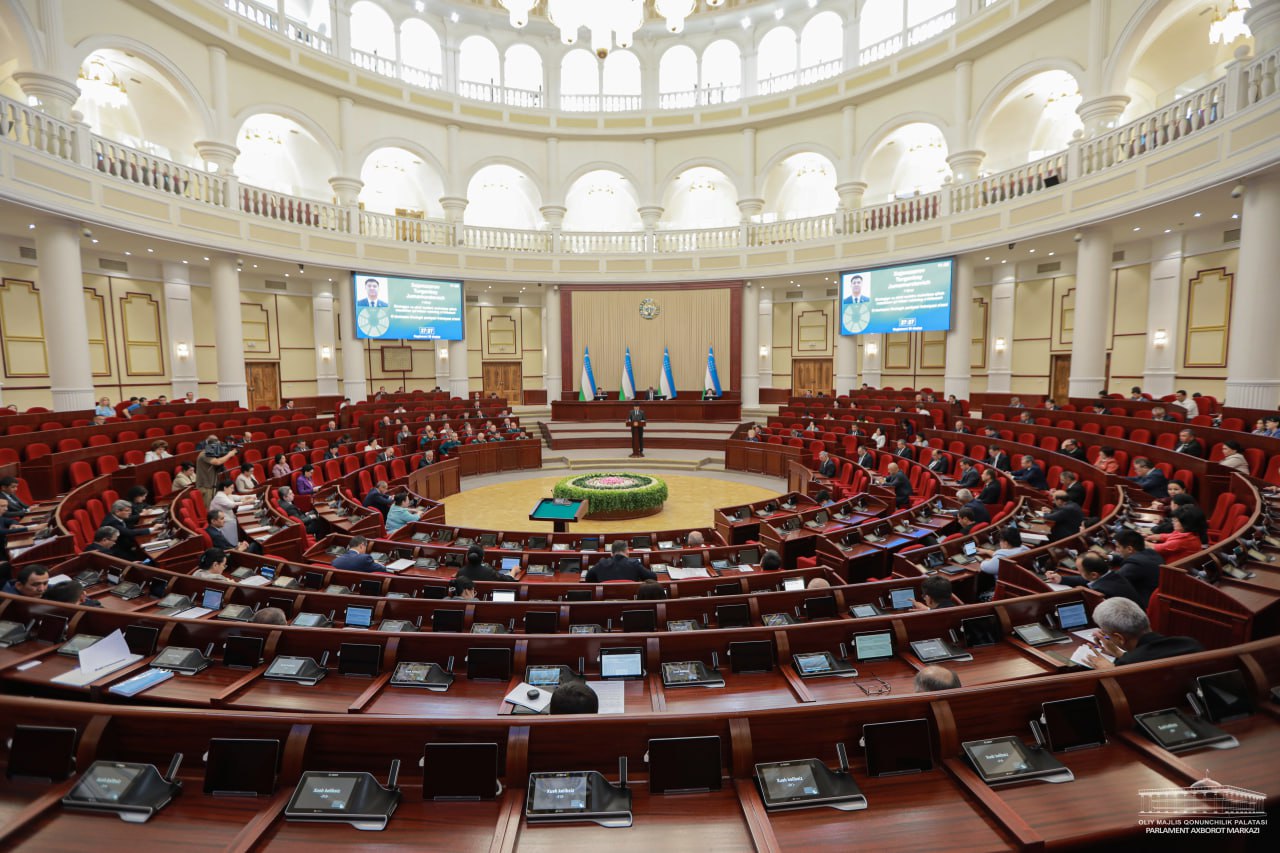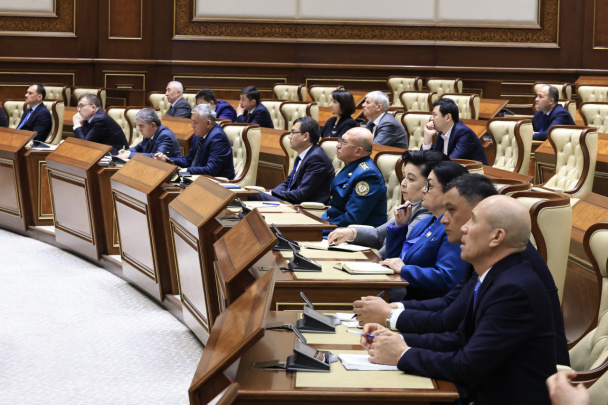Uzbekistan updates law “On State Secrets”, expands non-classified information list
The Legislative Chamber adopted the law "On State Secrets" to replace the existing "On the Protection of State Secrets" law passed in 1993. The document expands the list of information that will not be classified as secret.

On August 20, the Legislative Chamber of the Oliy Majlis of Uzbekistan passed the law "On State Secrets" and sent it to the Senate, as reported by “Xalq So’zi” on August 21.
The current law "On the Protection of State Secrets" was adopted in 1993, making it necessary to "improve the legal foundations for regulating relations in this area."
The reviewed document outlines the authorities responsible for safeguarding state secrets, determines the levels of secrecy, and specifies the duration for classifying information and granting access to state secrets.
A limited list of four categories of information that should be classified as state secrets is approved. A list of information that will not be classified is also established. According to this list, information about emergencies, crime statistics, human rights violations, and similar matters will not be classified (under the 1993 law, only information threatening the personal safety of citizens is not classified).
The list of information classified as state secrets was scheduled to be reviewed and declassified in 2020. This was intended to eliminate unjustified restrictions on accessing information necessary for the development of science, education, IT, and entrepreneurship.
Currently, state secrets are divided into state, military, and service secrets.
State Secrets are information whose disclosure could negatively affect the quality of the republic’s military-economic capabilities or lead to other serious consequences for Uzbekistan’s defense capabilities, state security, economic, and political interests.
Military Secrets are information whose disclosure could lead to serious consequences for Uzbekistan’s defense capabilities, state security, and Armed Forces.
Service Secrets are information related to science, technology, production, and management whose disclosure could harm Uzbekistan’s interests.
At the end of 2020, the Anti-Corruption Agency proposed strengthening measures to protect individuals who report corruption offenses, as well as their close relatives. It was planned to equate information about these individuals to state secrets.
It should be noted that the Legislative Chamber did not announce the adoption of this law on its website. The document is also absent from the agenda shown on the parliament’s YouTube page.
Related News

15:16 / 22.03.2025
New law in action: Syrdarya resident fined for defaming traffic officer online

12:27 / 18.03.2025
Gov’t tightens traffic laws: Driving in bus lanes now carries a fine of up to 1.12 million UZS

19:24 / 17.03.2025
Presumption of innocence, witness protection, and judicial independence: Senators approve new law

13:56 / 17.03.2025



